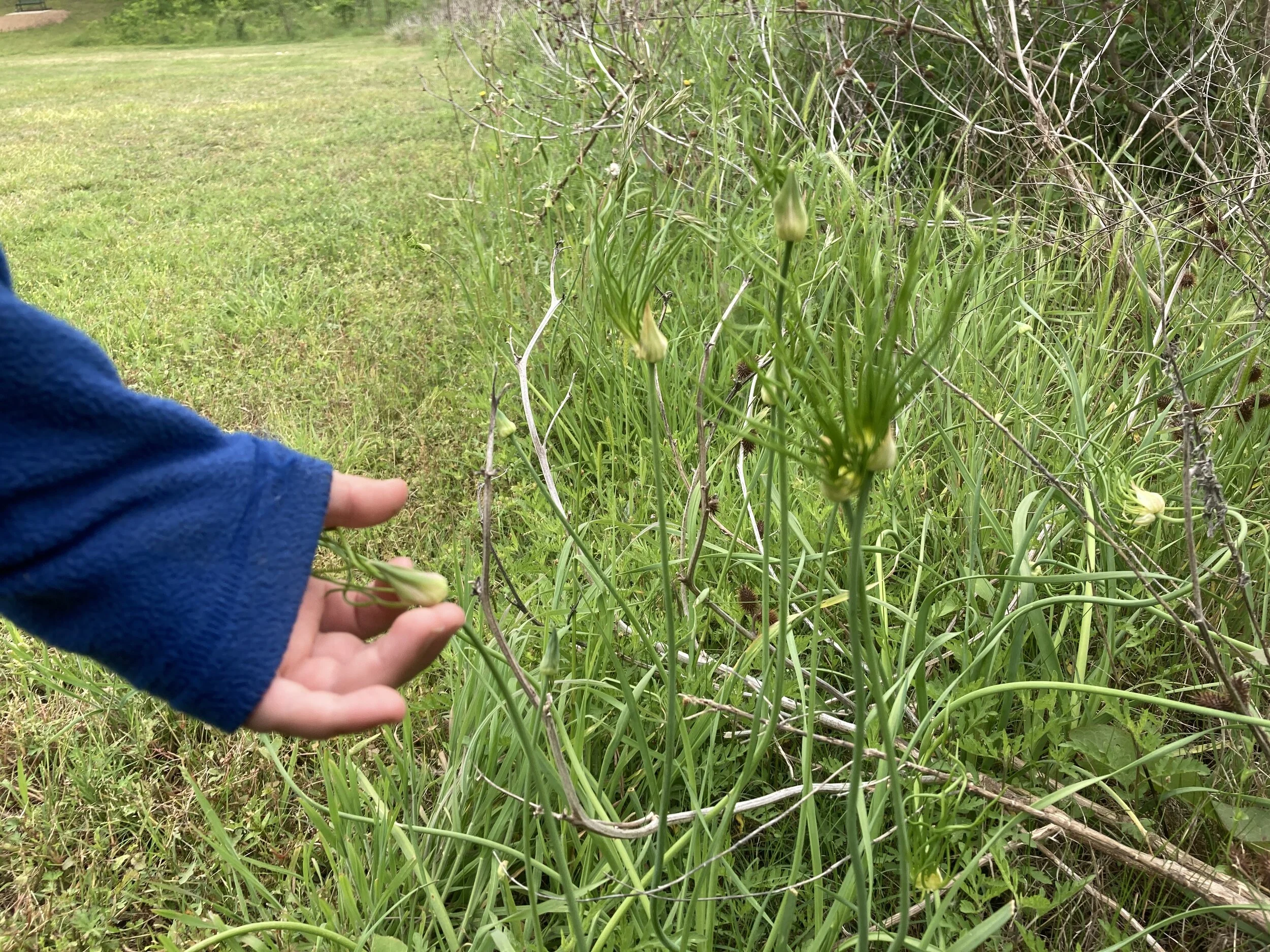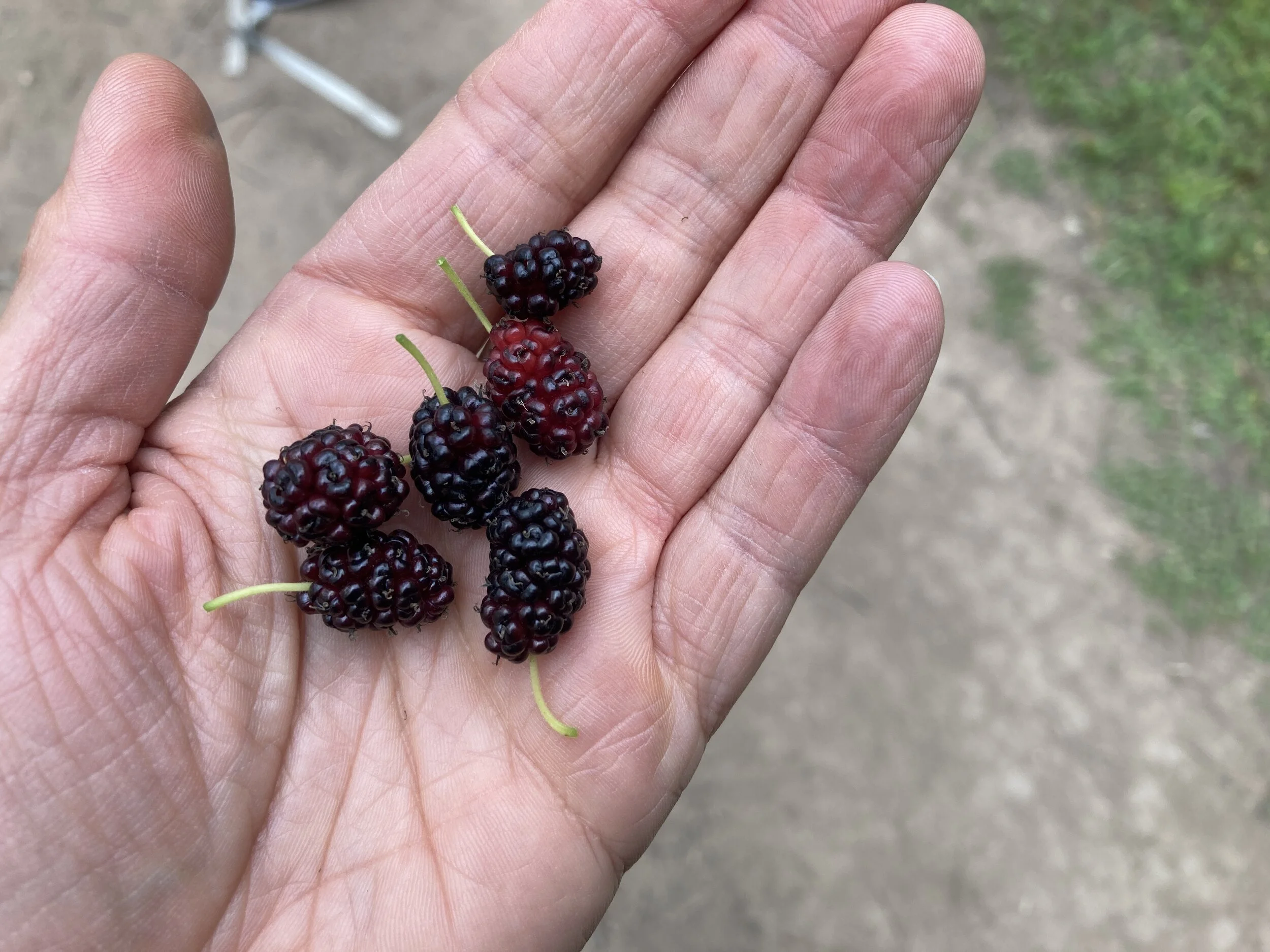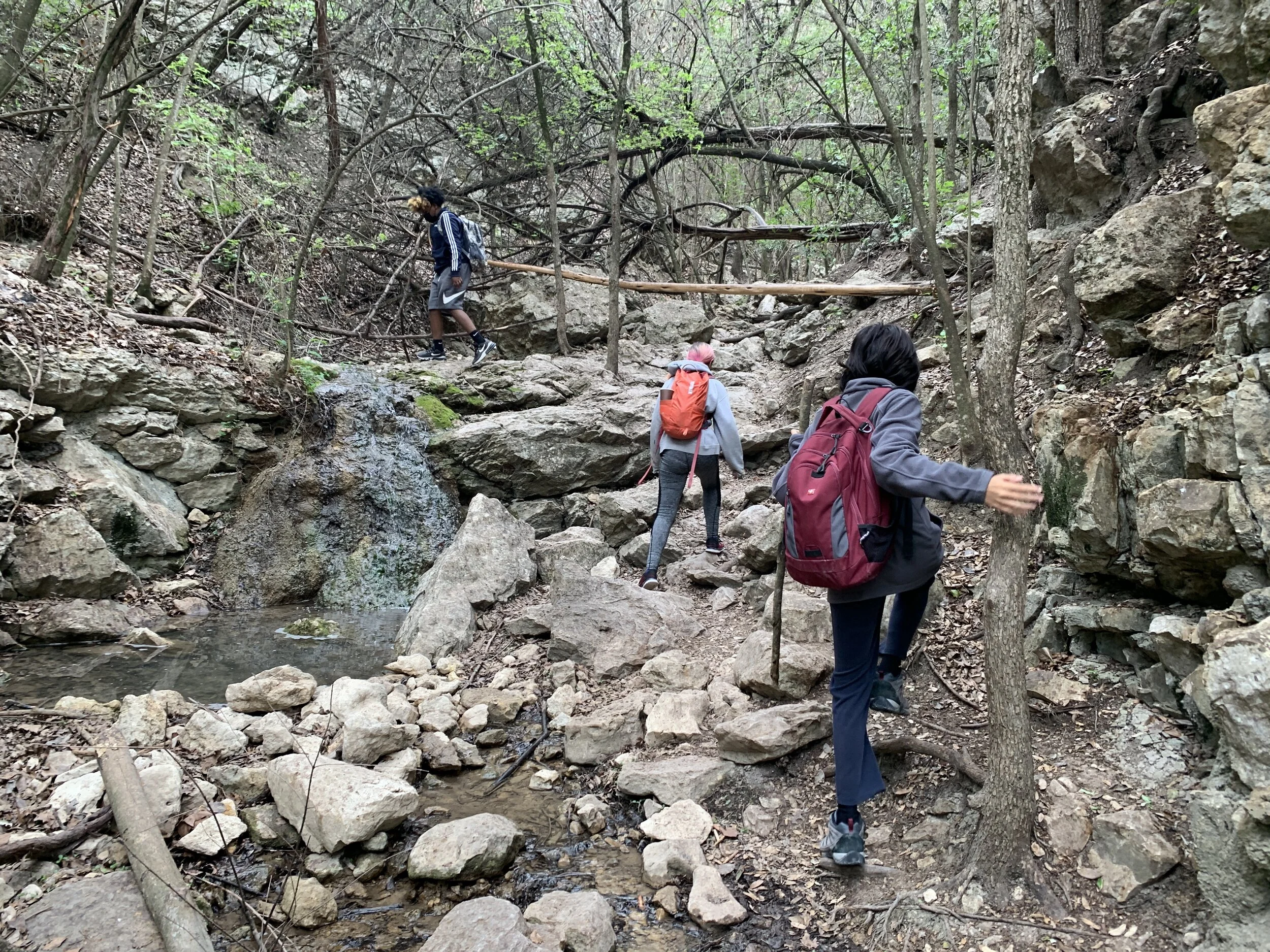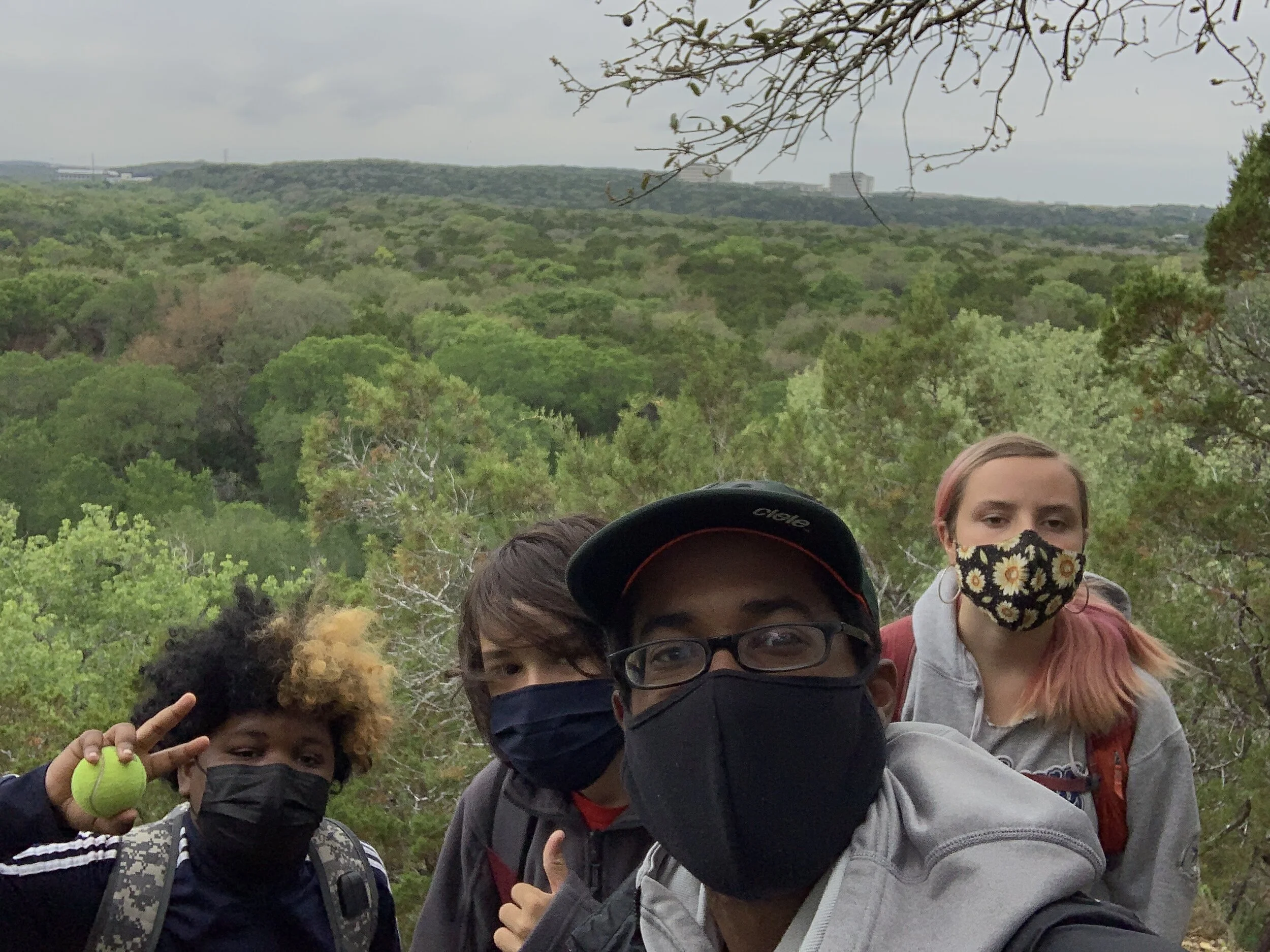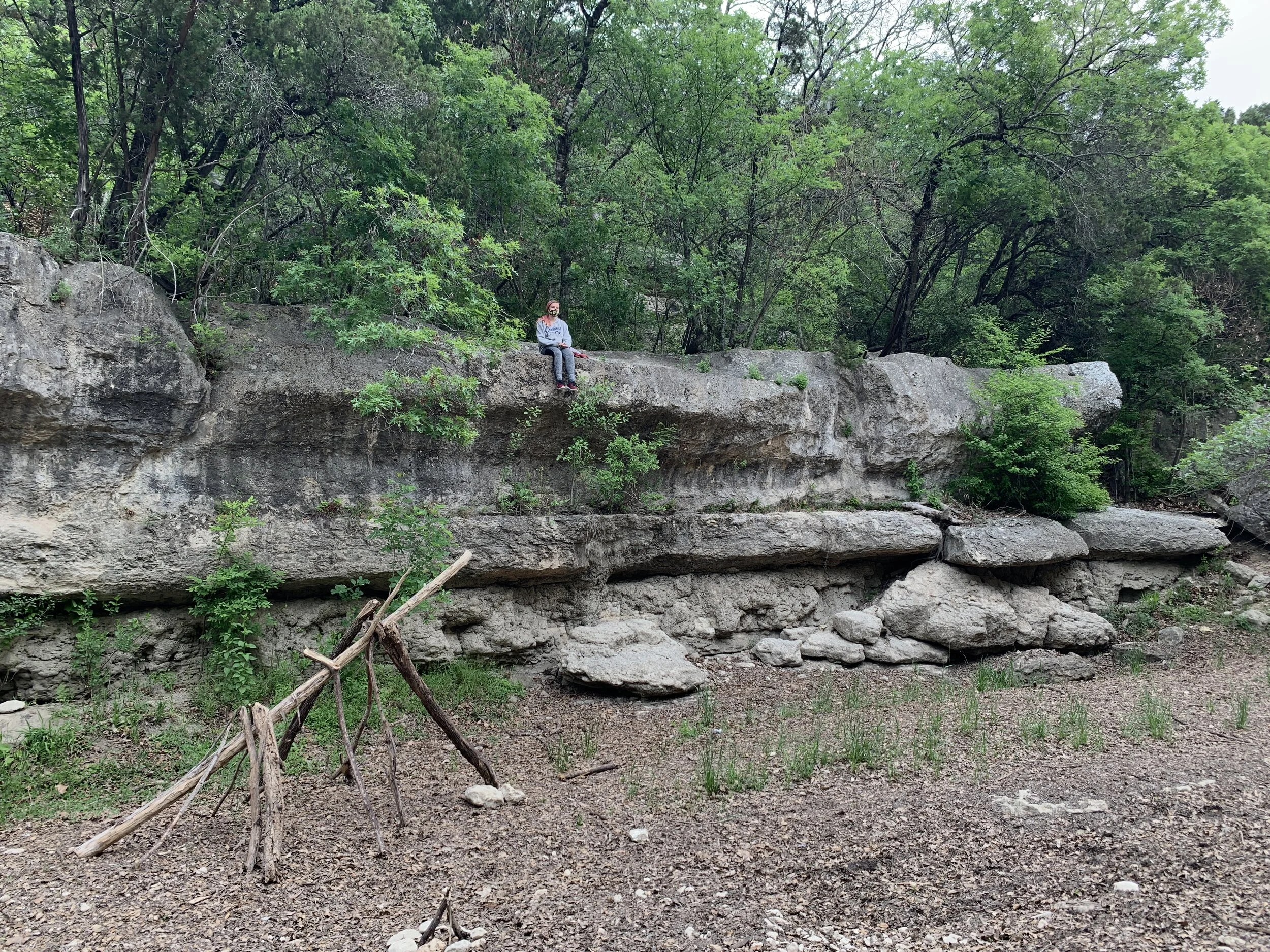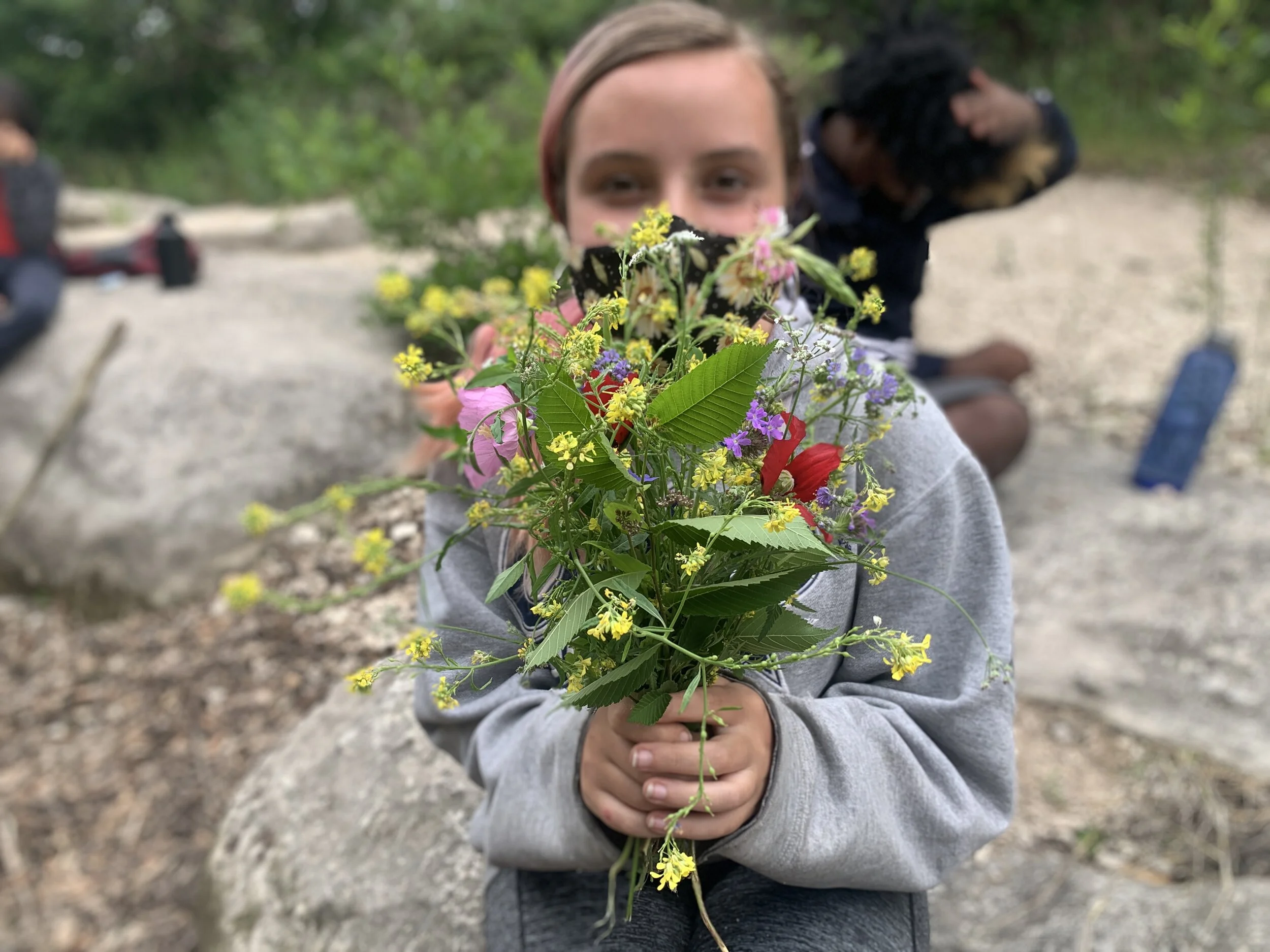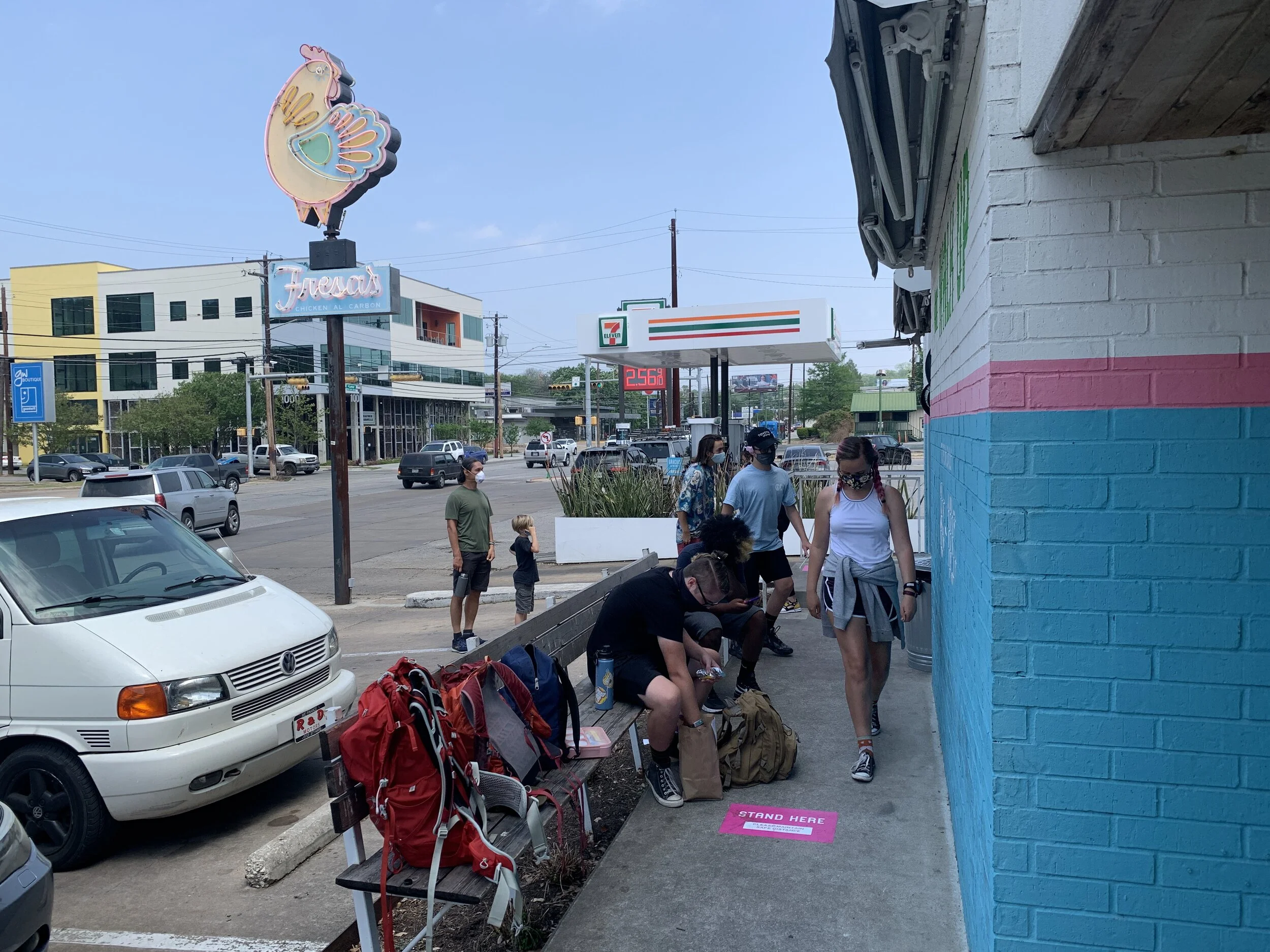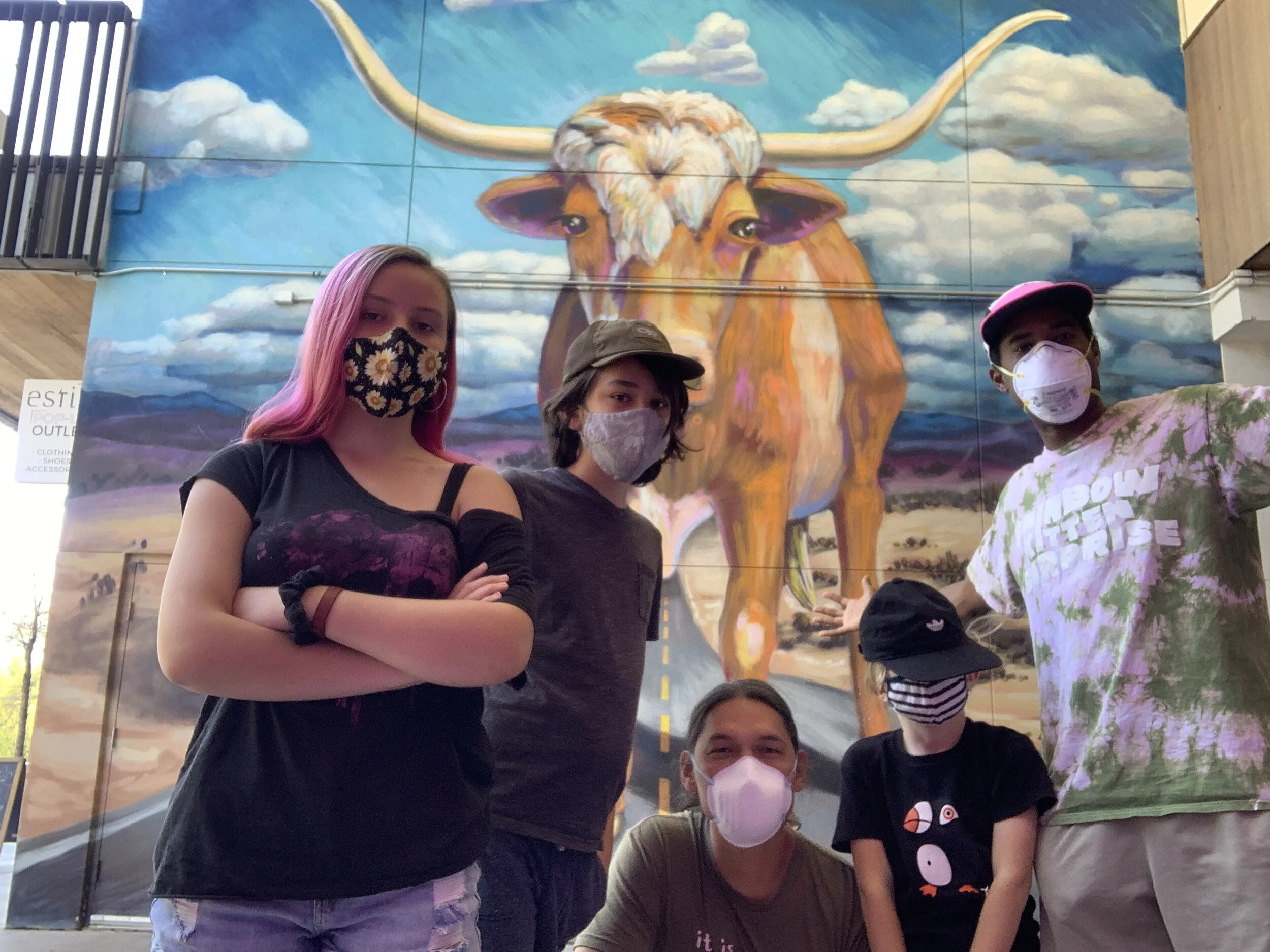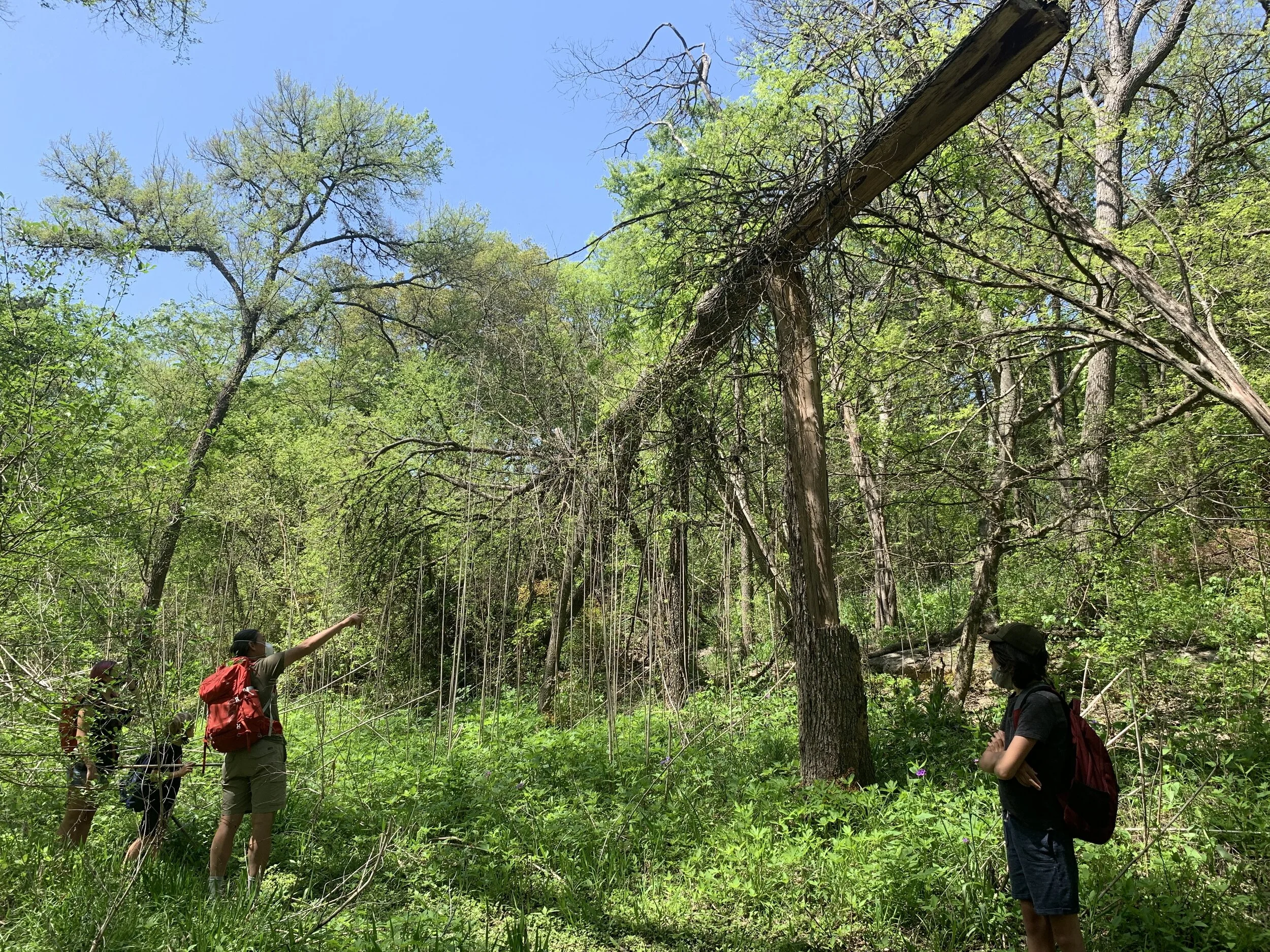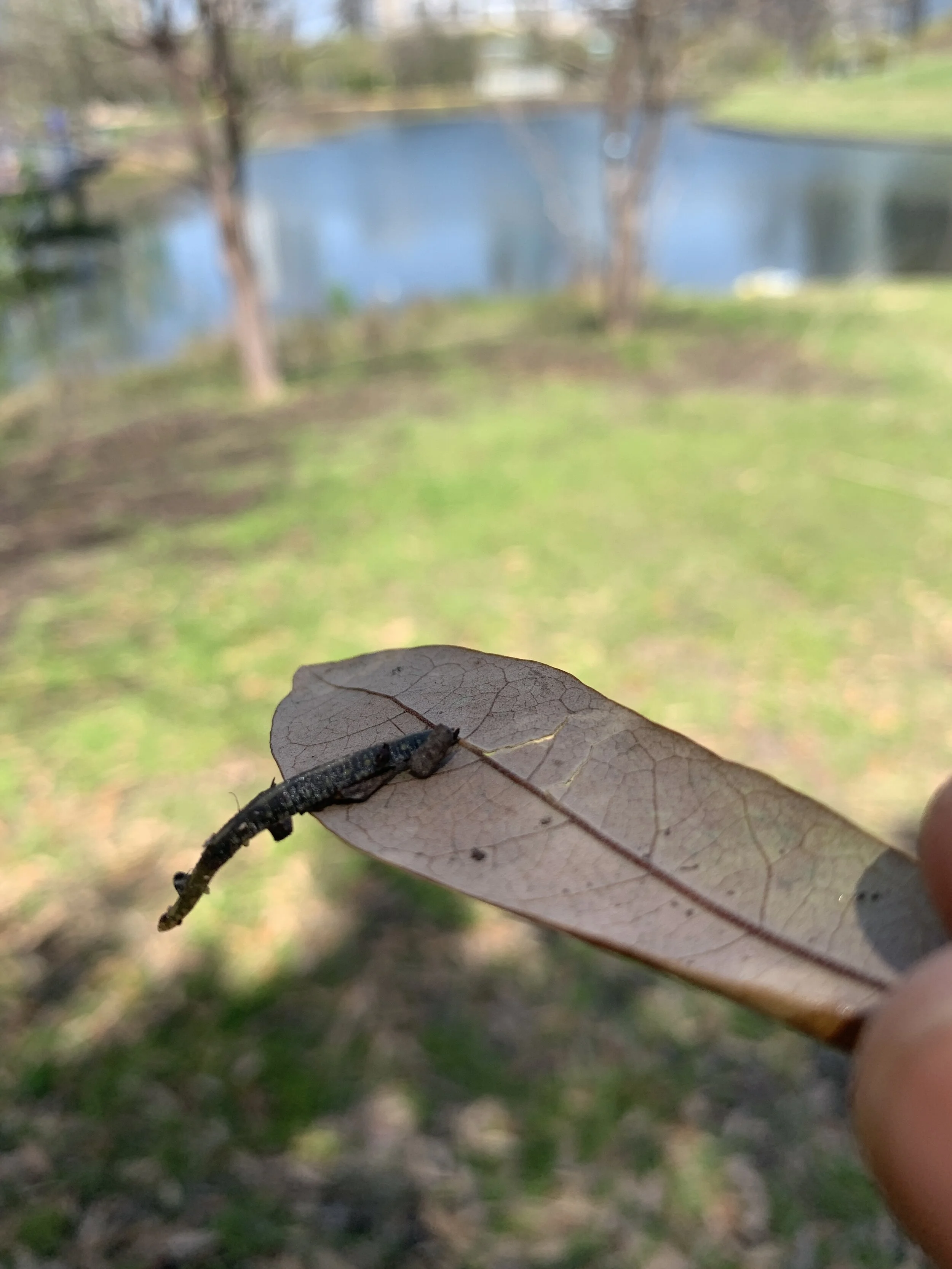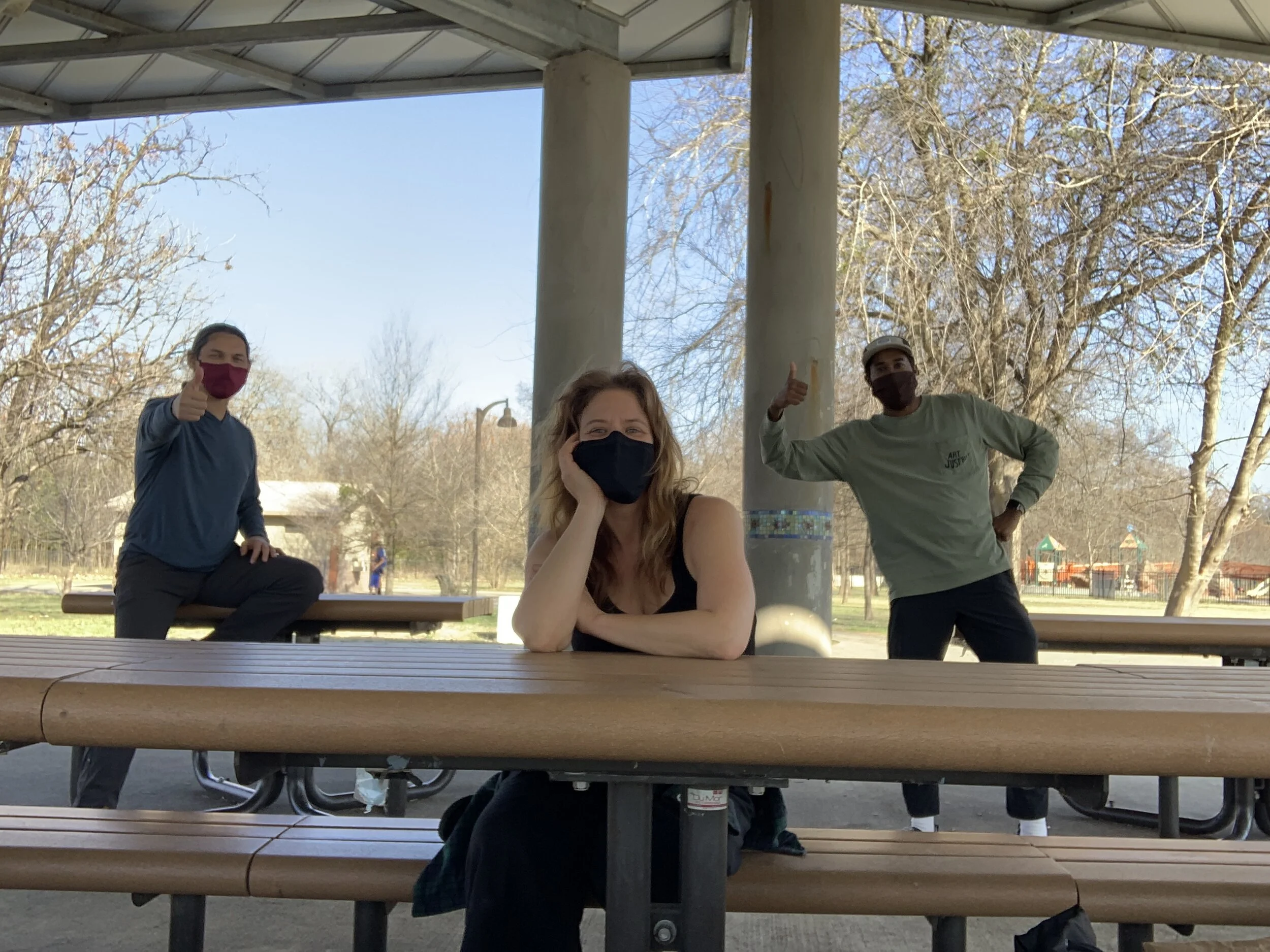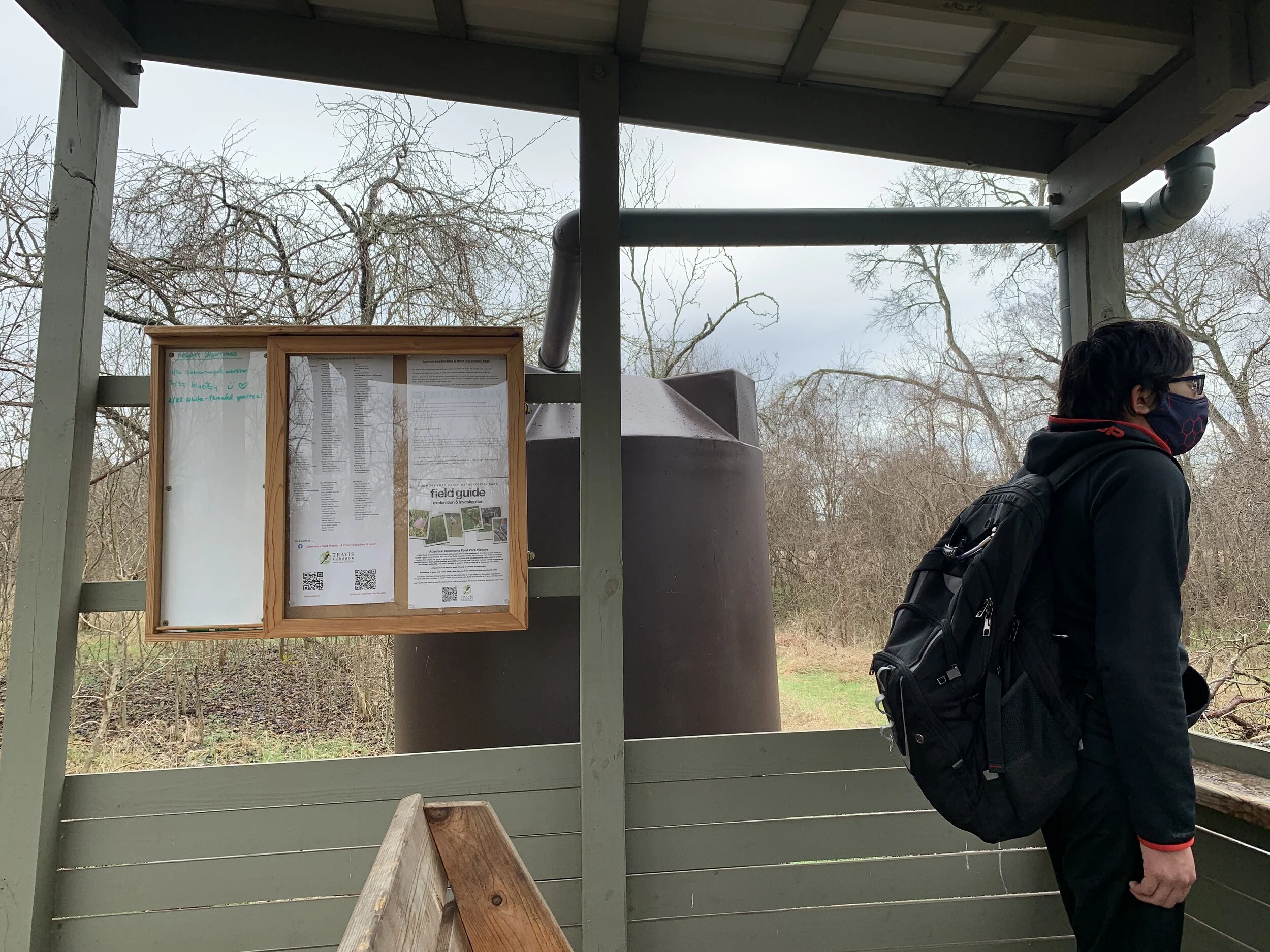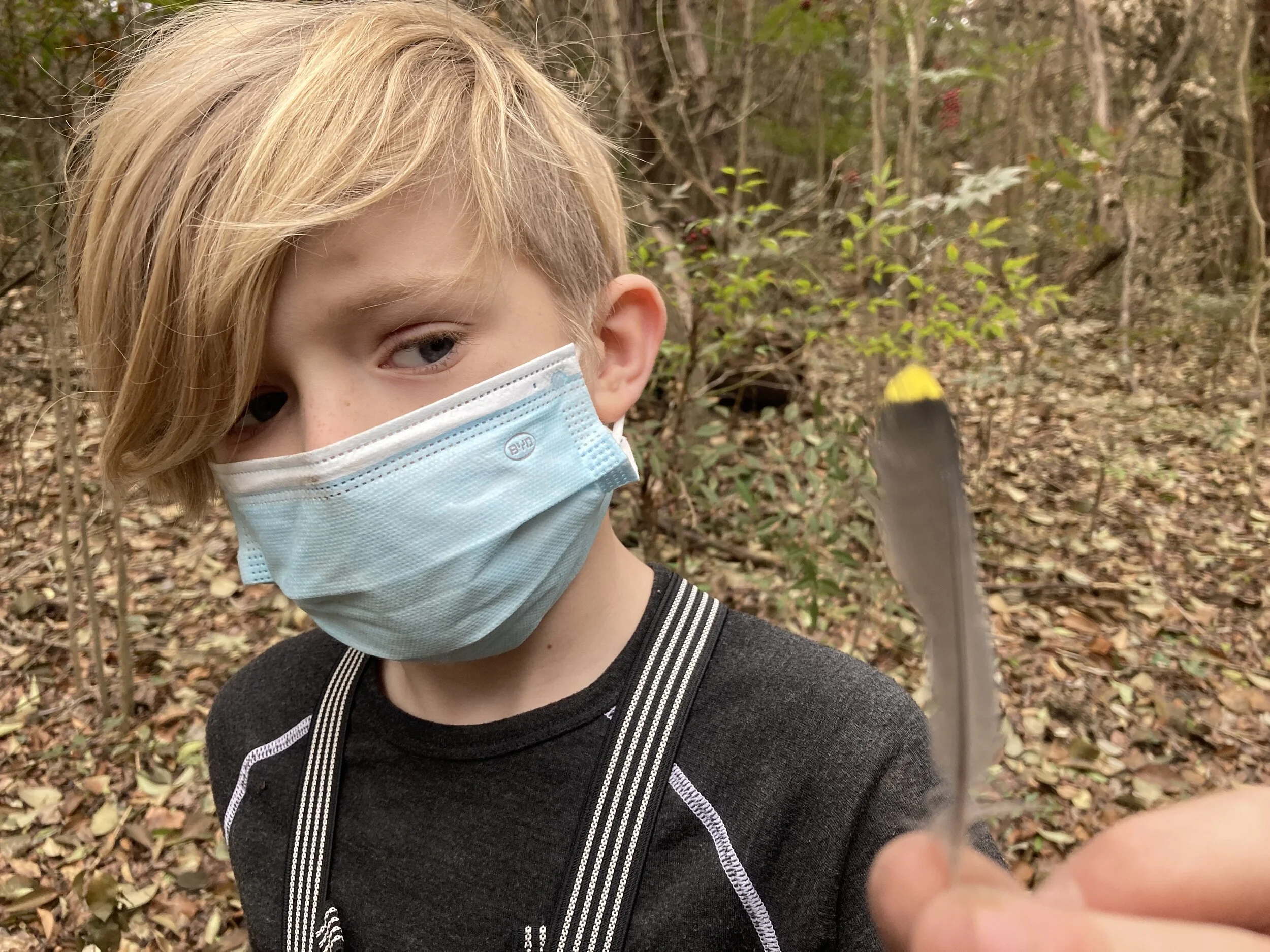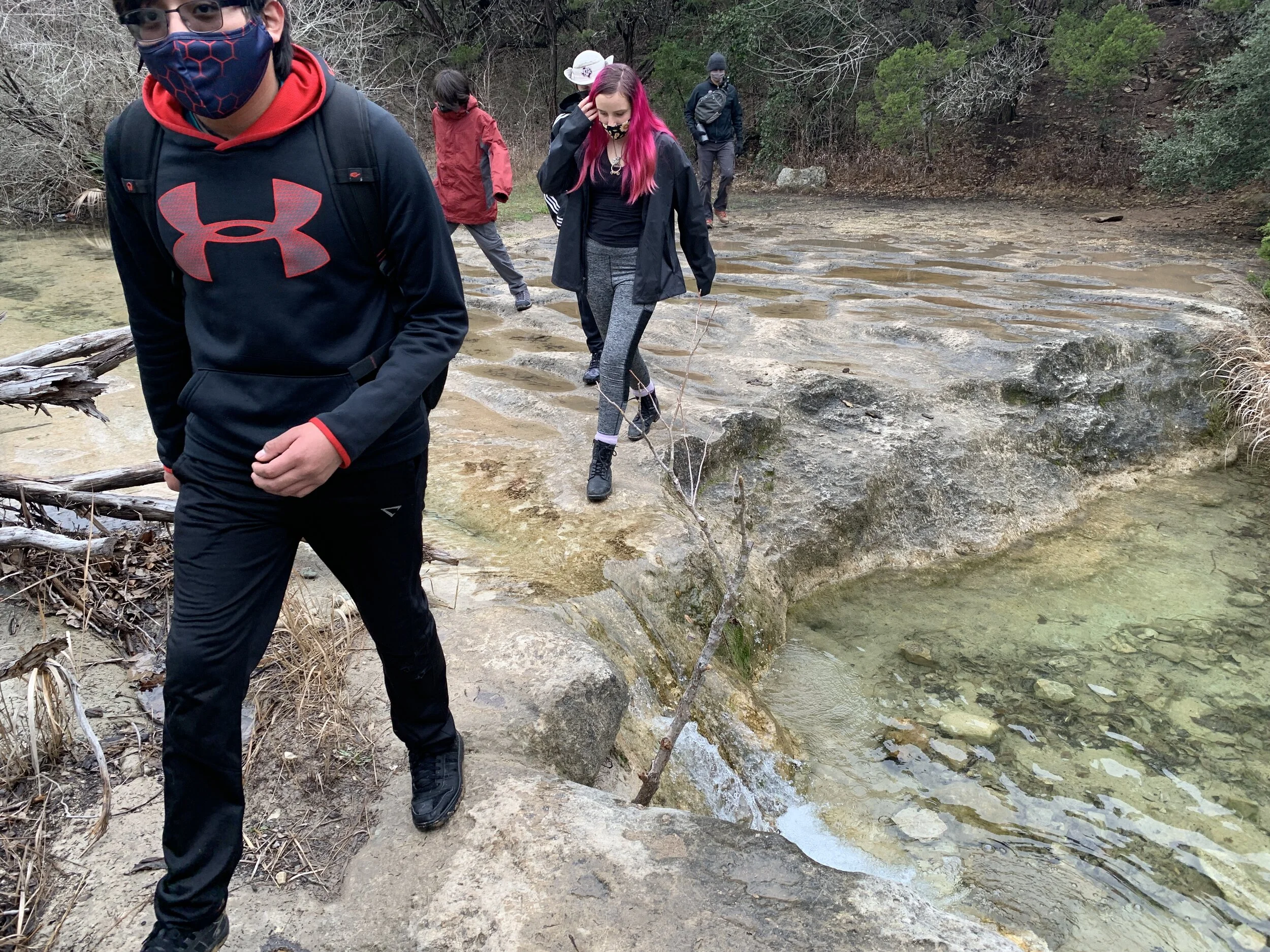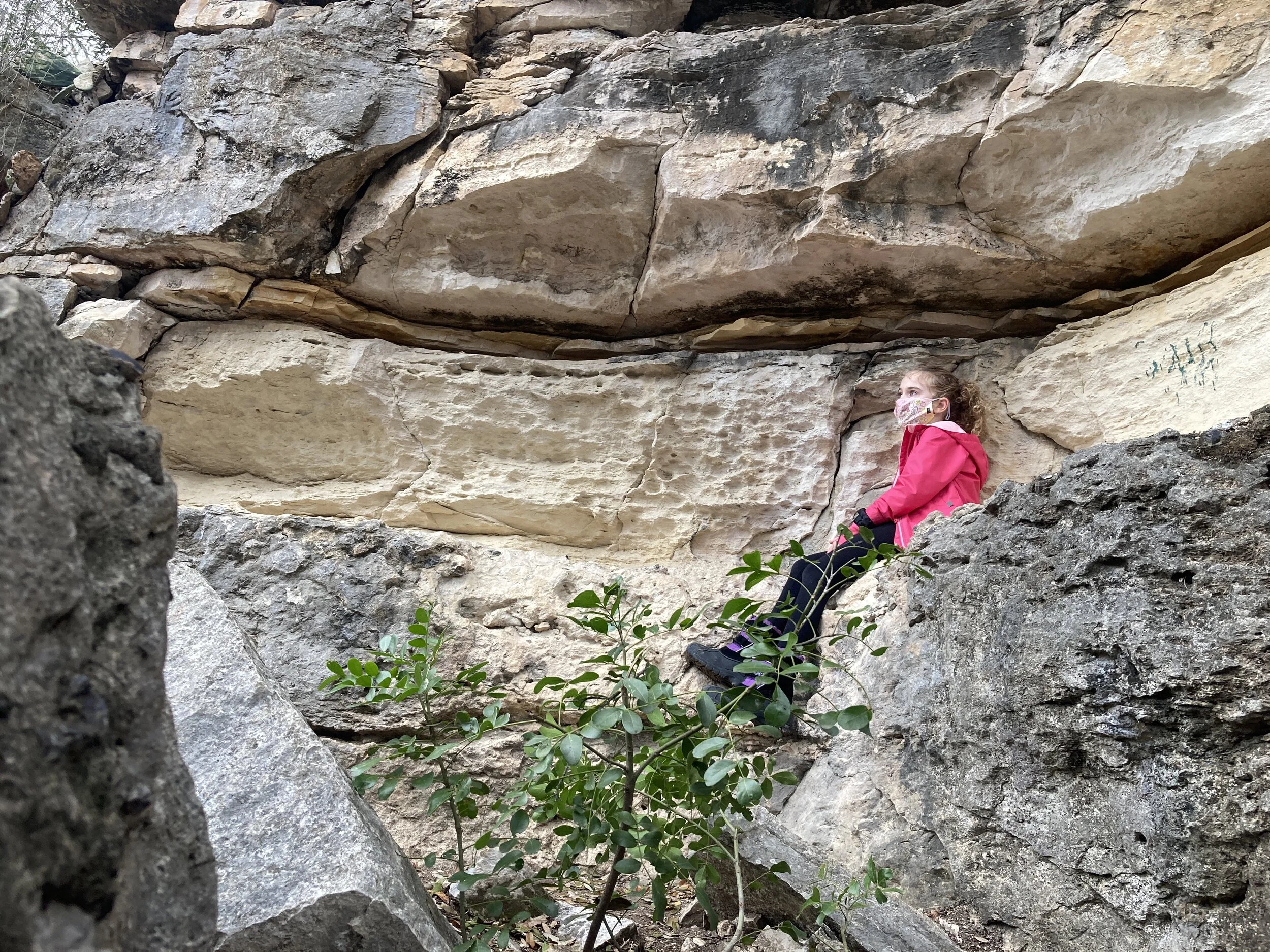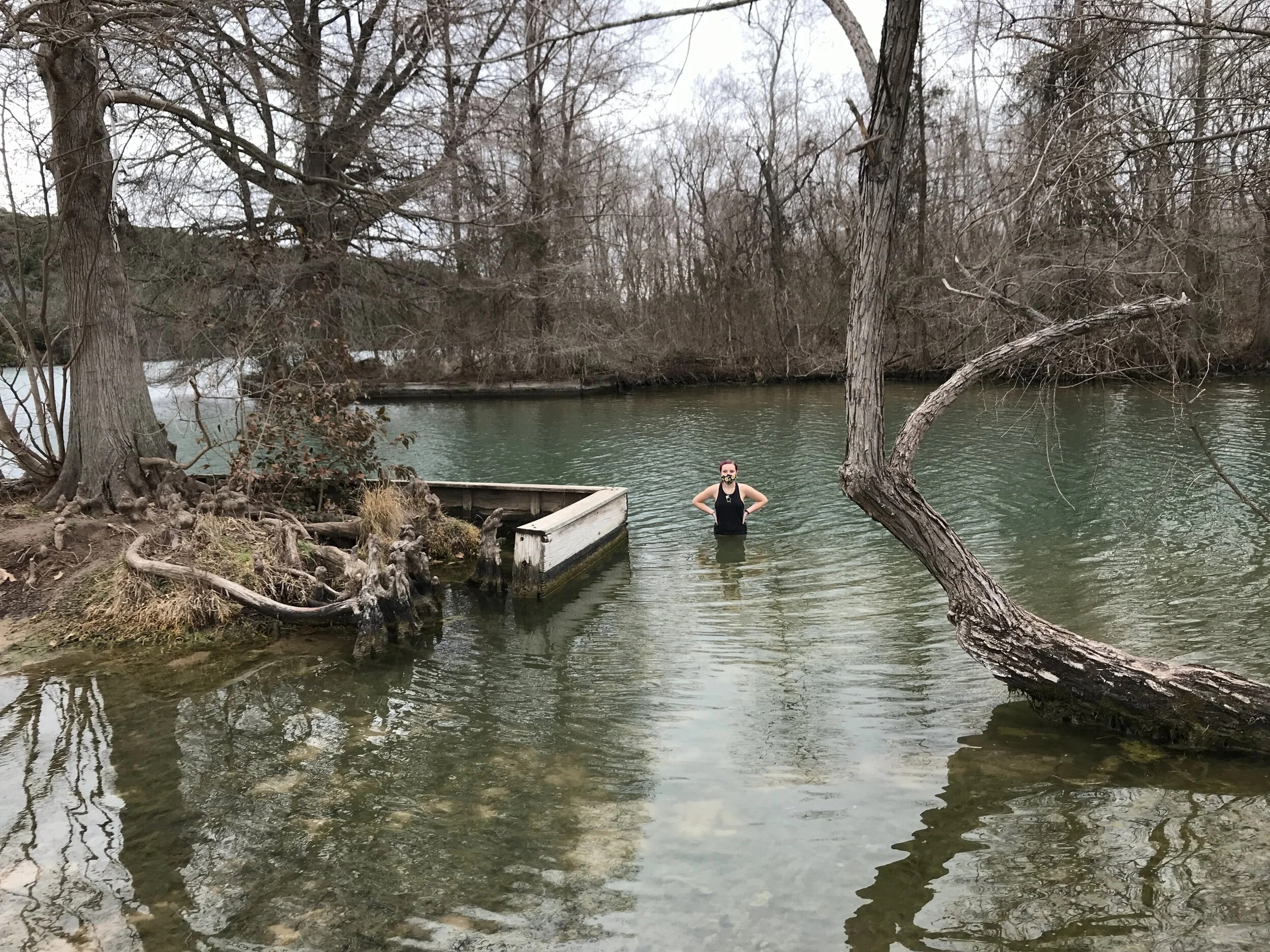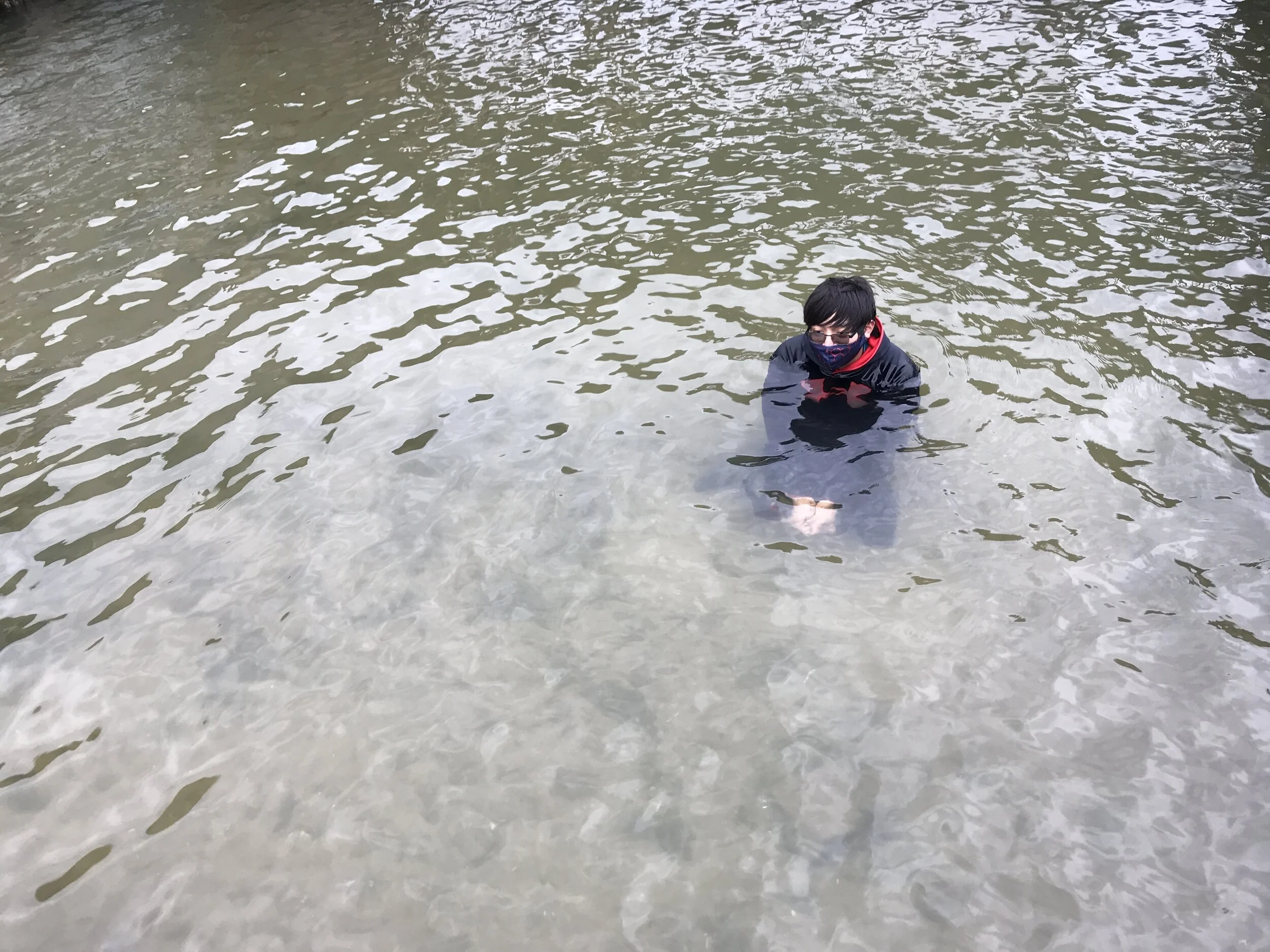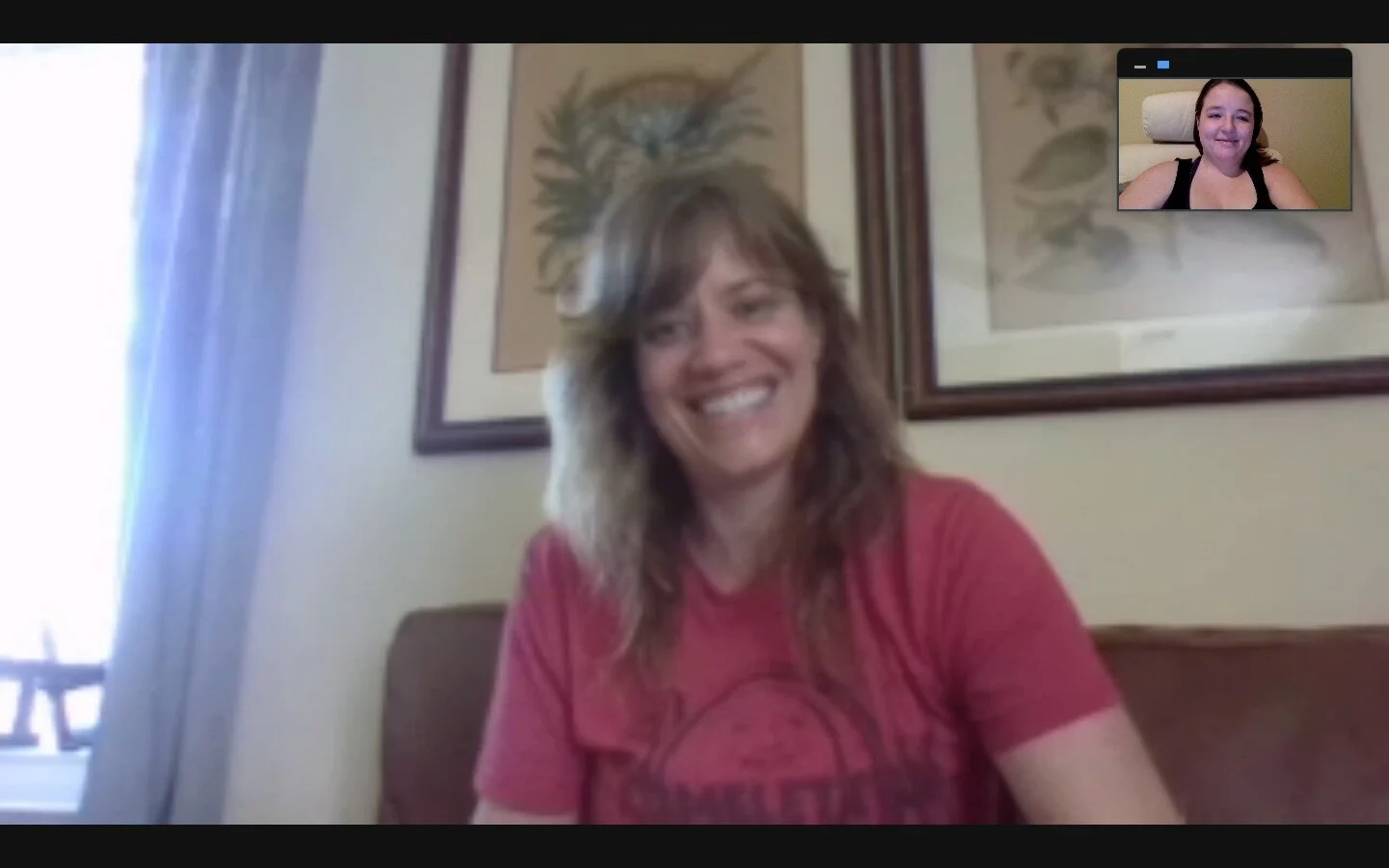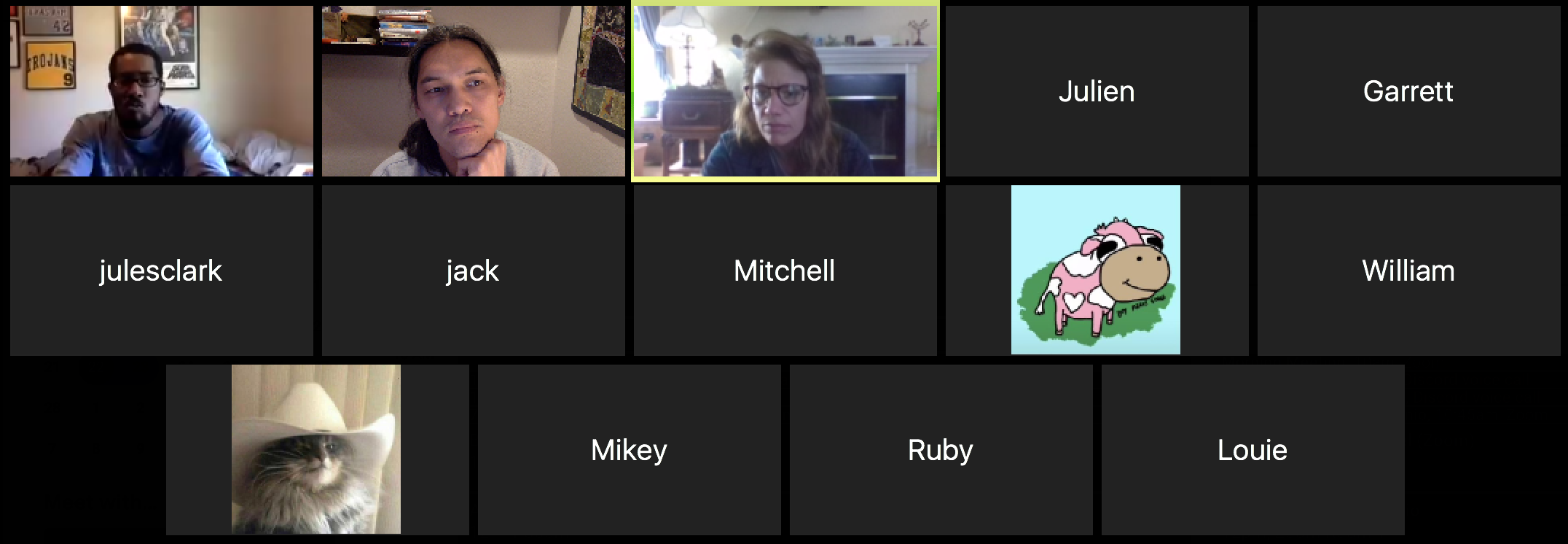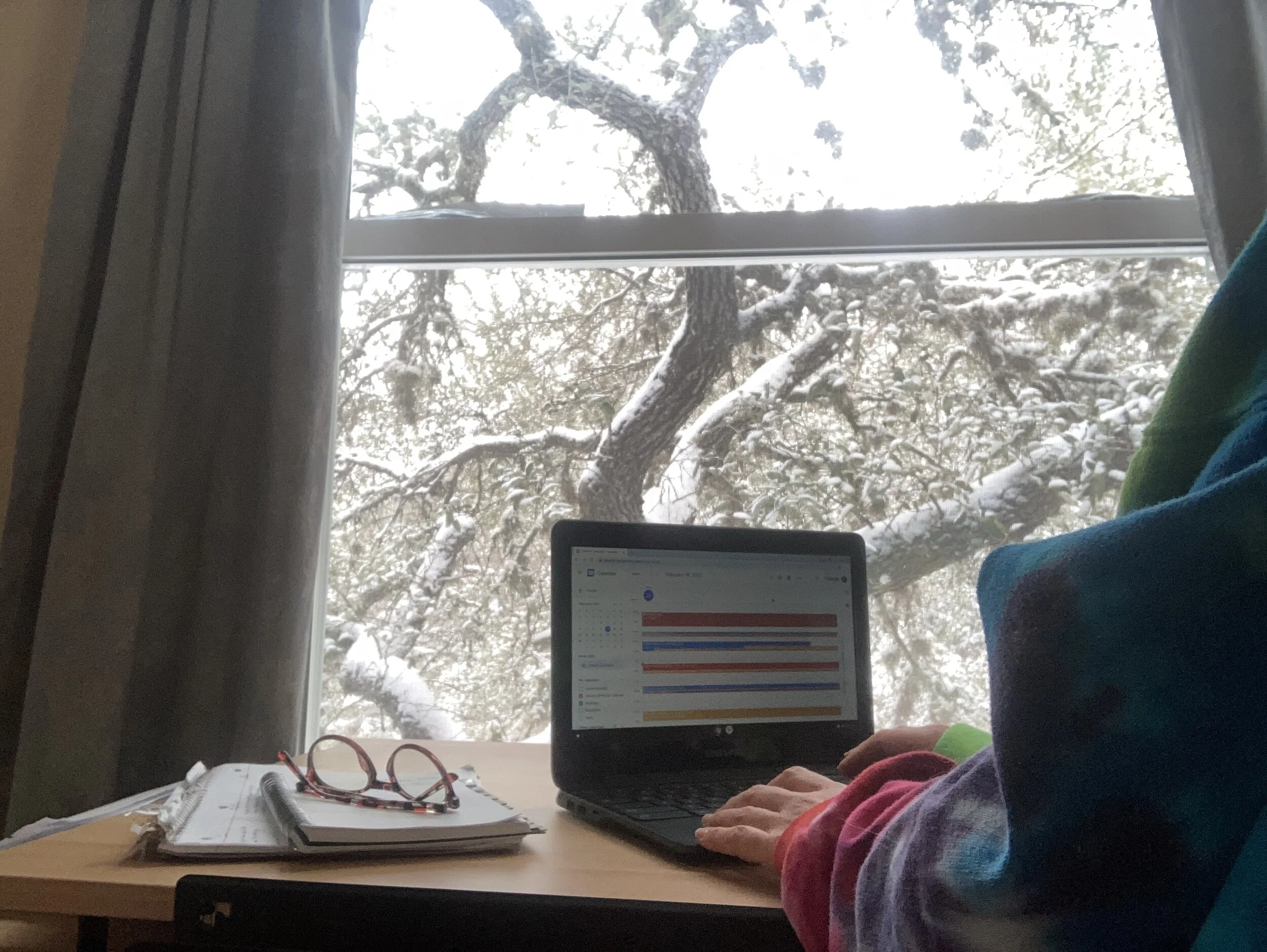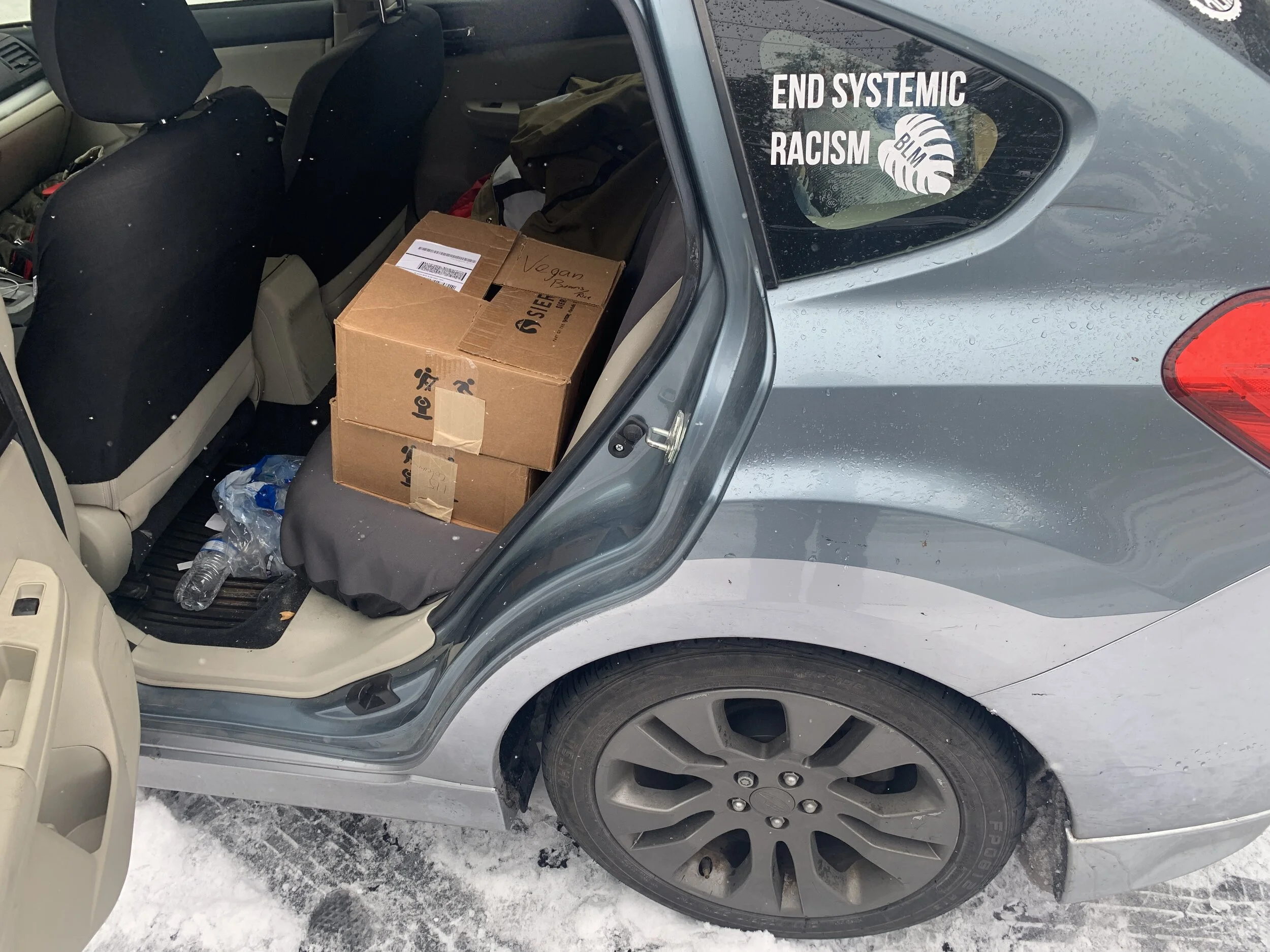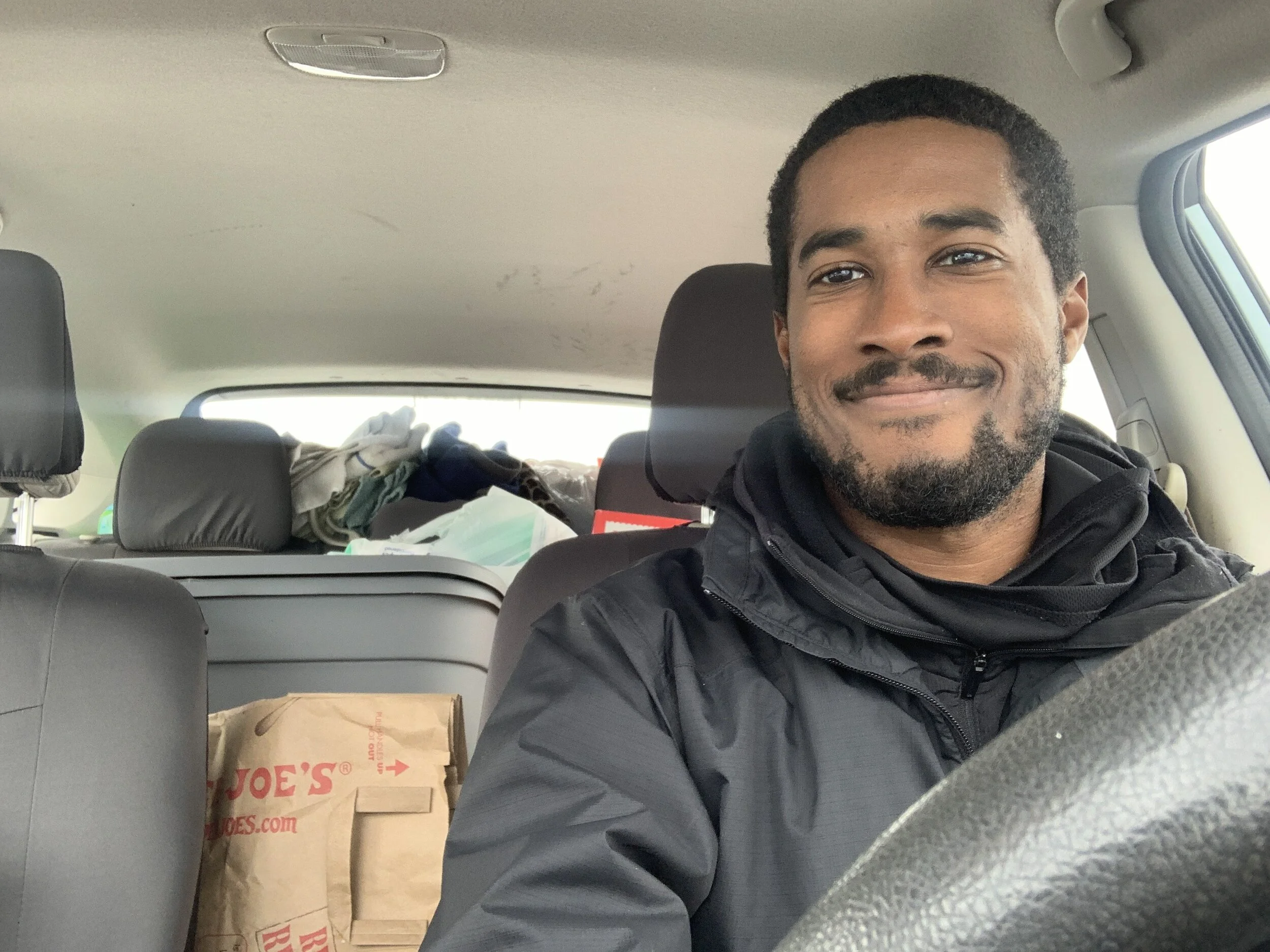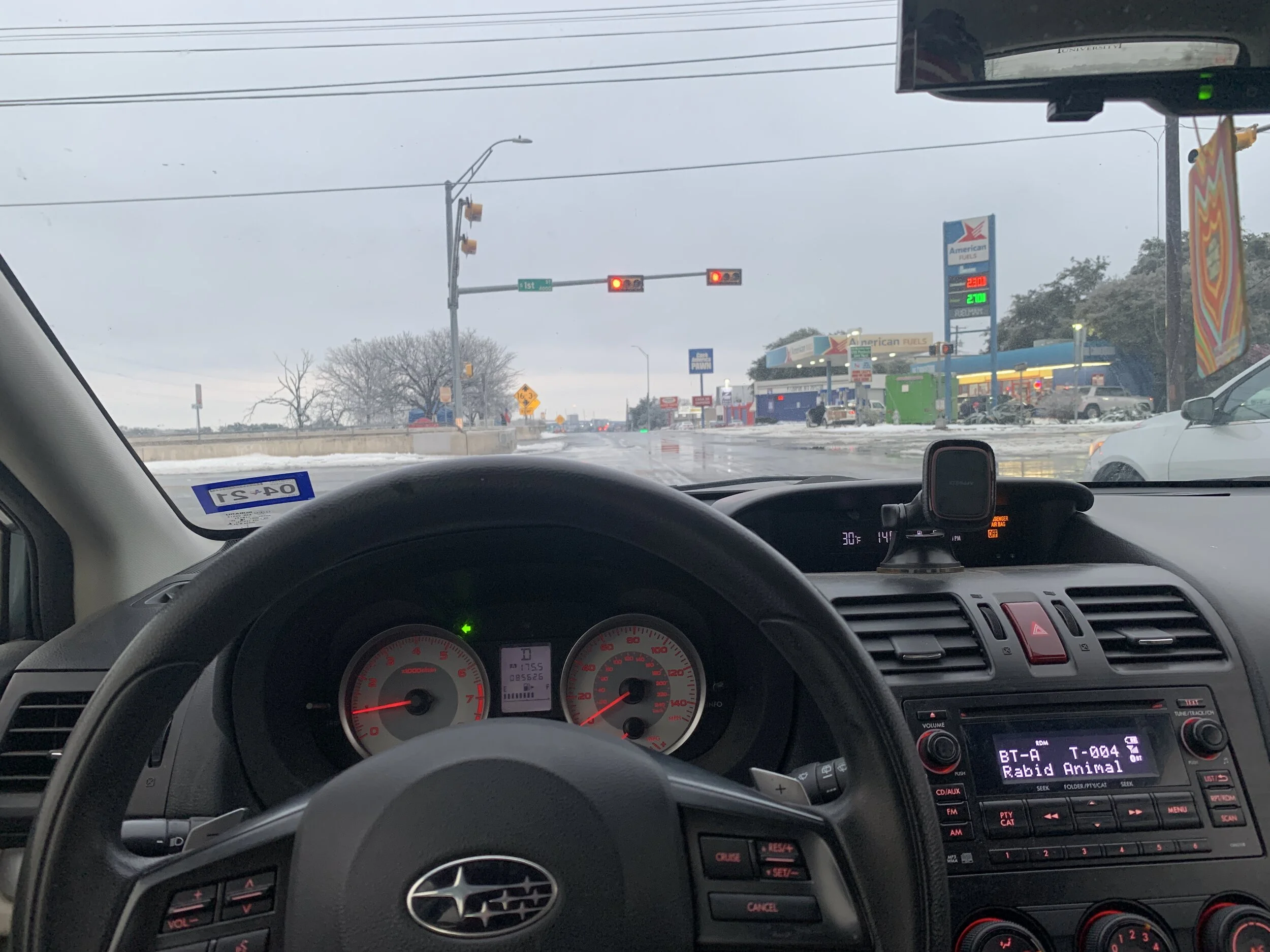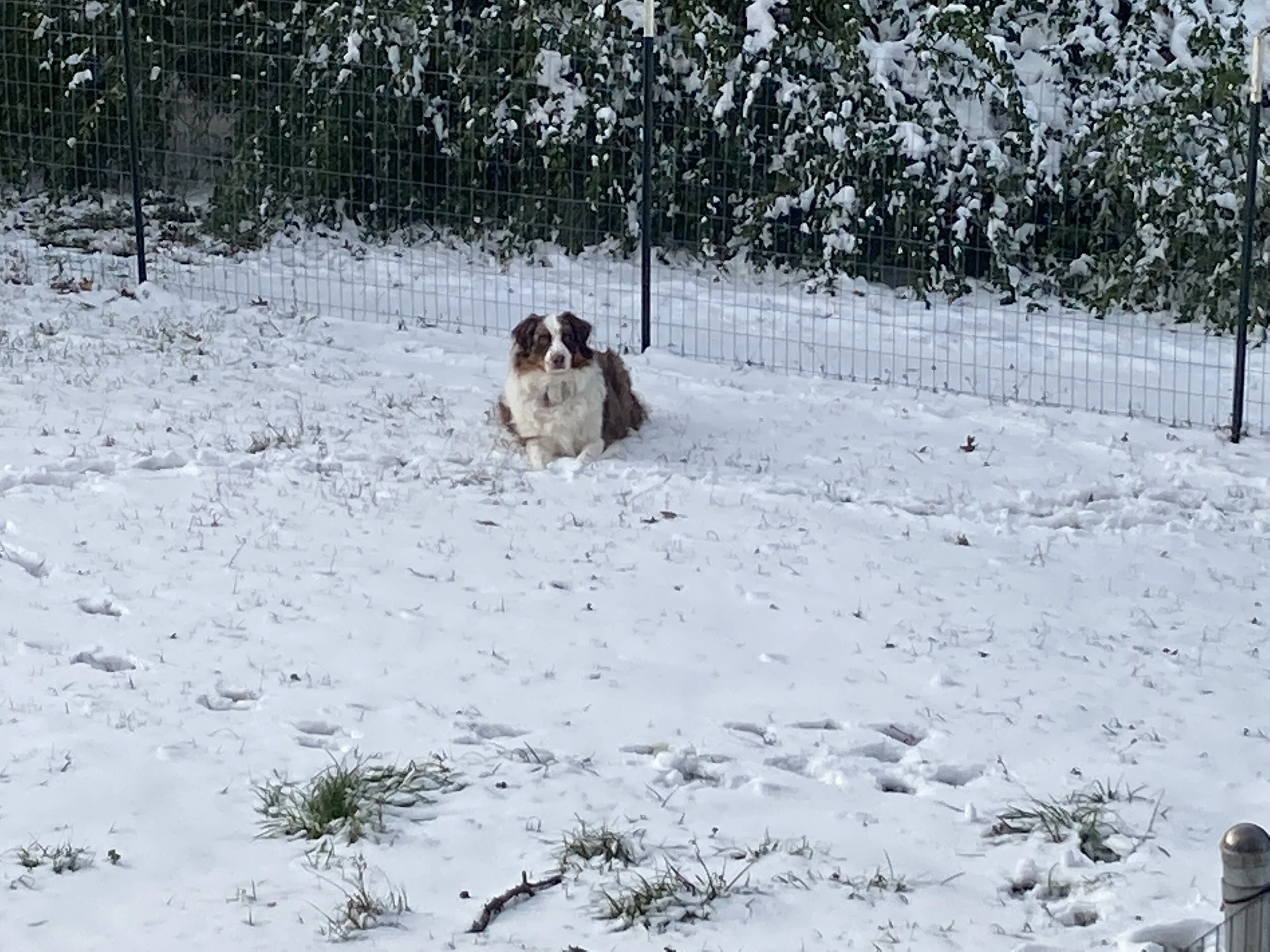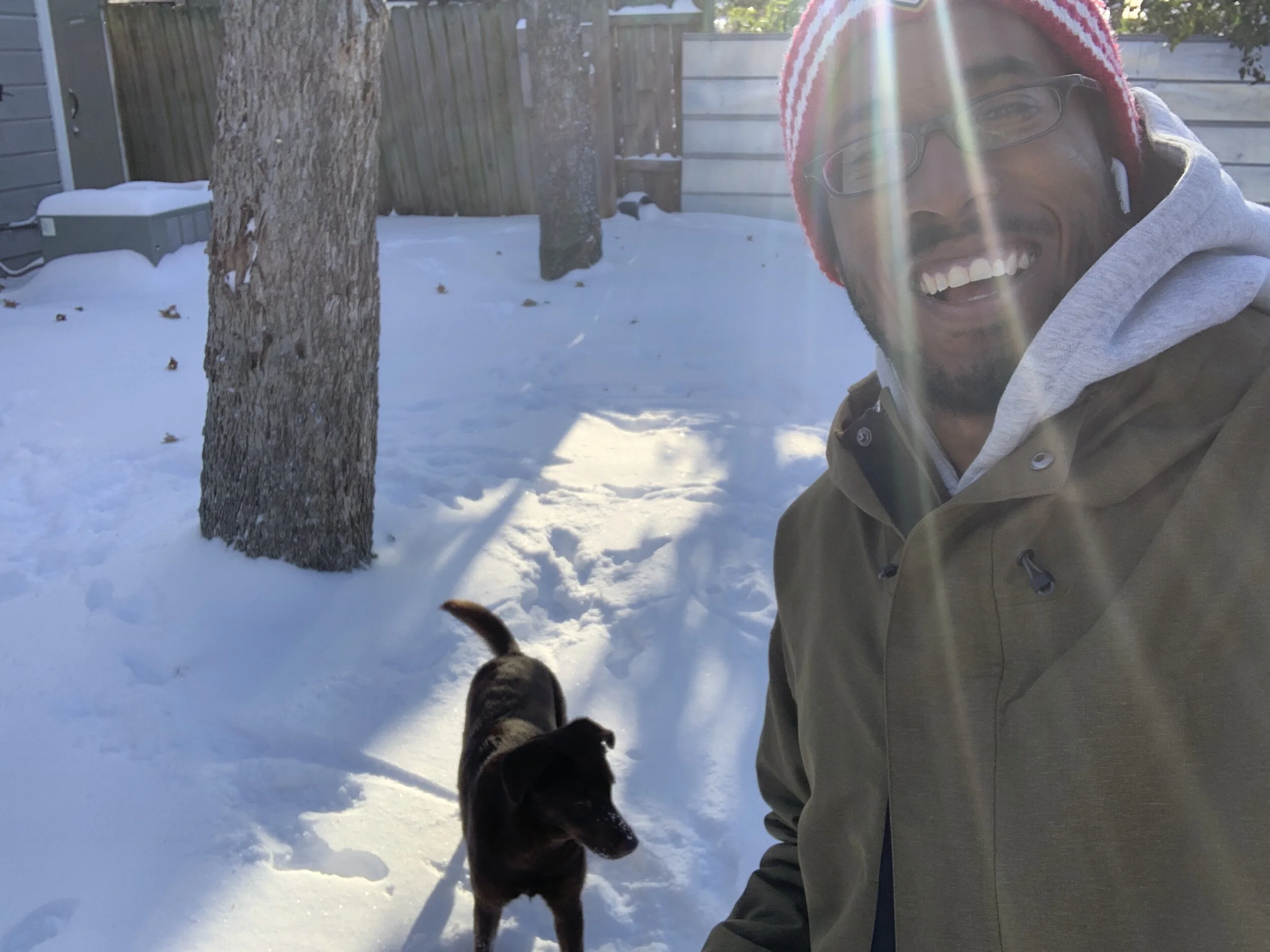The 22nd and 23rd of April were days 126 and 127 of the pandacademic year. On the 22nd I was away from the in-person Abrome meetup as I was focused on administrative work, and on the 23rd I had planned to be in-person but we were forced to go remote due to thunderstorms. I will continue to combine days for my ‘daily’ updates when I am away from my cell, or when inclement weather hits (and this is thunderstorm season). In this case, both of the days fit that bill.
My day away from the cell was a good one. I caught up on a lot of overdue administrative issues, connected with the guardian of a recently enrolled Learner, and spoke to some families who are looking into a possible Abrome enrollment for their children.
In my absence, at my cell, there was lots of laughter shared between Facilitator Lauren and two of the adolescent Learners. They chose to lay down on the dock as if they were going to sleep while eagerly engaging in conversation with all. In their disagreements with another adolescent over what peppermints really are, they talked about the possibility of playing tag games the next day.
Facilitator Lauren also spent a lot of time with a younger Learner. They walked around various parts of the park looking at plants. They ate some ripe mulberries and some intense wild onions, and had a cockel burr battle. They also found another bouquet of flowers thrown in the bushes. I guess someone had a photo shoot in nature because it is so beautiful out here, and then they just toss what they don’t want onto the ground. At least flowers will fairly quickly decompose. Facilitator Lauren also played some racing games with the youngest Learner, going slow, forward, and backward.
At the other cell, Facilitator Ariel and the other Learners were confronted with a large vulture at the entrance to the greenbelt where they tried to enter. The vulture was menacing, for sure, but the group did not know if it would be unwise or unsafe to try to skirt around it. Fortunately they had computers in their pockets so they pulled them out and did some quick searches. Turns out that vultures are completely harmless and will happily step aside if you try to pass them. In this instance, it actually run down the trail away from the group as they tried to enter the greenbelt.
In the park, an adolescent Learner chose to take the other Learners back to the waterfall that he and Facilitator Ariel stumbled upon the day before. After admiring the tiny waterfall, they continued to explore this region of the greenbelt. During the exploration they found a cliff with some wonderful views. They stopped to admire the view, and one of the Learners chose to test her nerves by finding a large rock to perch upon overlooking the valley.
It was a cold day, and everyone but one showed up better prepared for the weather. Recognizing the ways in which they were not prepared for the day, they decided that it was the right time to build a shelter. After the crew navigated back down to the riverbed, the Learner began collecting logs and branches to construct the shelter, and soon the other Learners joined in. It turned into more a work of art than a shelter, but the weather had improved so the utility of the shelter was no longer a priority. They all looked upon their work and were satisfied. Before they parted ways at the end of the day, they found a bouquet of flowers. What are the chances that two different cells ten miles apart would both find a bouquet of flowers?
Every day by 7:00 a.m. we make our call on whether it will be a late drop-off, early pick-up, or a cancelled in-person day due to inclement weather. On this day, with thunderstorms scheduled for each our of our 10:00 a.m. to 4:00 p.m. day, it was an easy call to go remote.
Remote days continue to not be great, especially on unplanned inclement weather remote days. We only had four Learners show up for the morning meeting and the Check-in and Change-up, but that was enough for a quorum. We don’t have a formal quorum number but any fewer Learners would have meant kicking the Check-in and Change-up to the following Monday.
One of the Learners showed up late while Facilitator Lauren was facilitating the morning meeting, and another Learner typed the prompts into the chat. It was a practice we had months ago, but it was fabulous to see Learners continuing to honor those practices. It’s how we co-create culture. The Check-in and Change-up was a long one. The longest one we’ve had in months. But it was a really good one, with four awarenesses being added to our blank Community Awareness Board (since it was our first Friday of the cycle). One of the newer Learners in the community who had proposed an awareness sent me a private message in the chat asking if he could leave after we came up with practices for his awareness. I asked him to stick it out because it would not feel good to me for him to leave without supporting everyone else they way they supported him. He chose to stick it out, which continues to demonstrate some pretty big leaps and bounds he has been making in terms of his willingness to consider how his actions might impact others. We came up with some really good practices to work with this cycle, and I felt really great about the meeting. No one showed up to the offerings, and only three Learners dropped in on the afternoon roundup, but that’s the way it goes with remote days.


